The CAF African Men’s Footballer of the Year award is one of the most prestigious honors in African football. Nigerian footballers have left an indelible mark on the award’s history. From Rashidi Yekini’s groundbreaking win in 1993 to Ademola Lookman’s victory in 2024, several Nigerian players have been celebrated for their outstanding contributions to the sport.
1. Rashidi Yekini (1993)
Rashidi Yekini was the first Nigerian to win the CAF African Men’s Footballer of the Year award in 1993. Known for his powerful shots and iconic goal celebrations, Yekini’s win set the stage for future Nigerian football stars.
Join our WhatsApp Channel
- Major Achievements:
- Top goalscorer at the 1992 African Cup of Nations (AFCON) as Nigeria won bronze.
- Scored an average of one goal per game in the 1992/1993 season for Vitoria Setubal in Portugal.
2. Emmanuel Amuneke (1994)

Following Yekini’s success, Emmanuel Amuneke claimed the CAF award in 1994. His crucial role in Nigeria’s AFCON victory and his performance at the FIFA World Cup made him a standout player.
- Major Achievements:
- Scored both goals in Nigeria’s 2-0 win over Zambia to secure the 1994 AFCON trophy.
- Played a pivotal role in Nigeria’s first-ever FIFA World Cup appearance, scoring against Bulgaria and Italy.
- Won the CAF Player of the Year award ahead of George Weah and Yekini.
3. Nwankwo Kanu (1996, 1999)
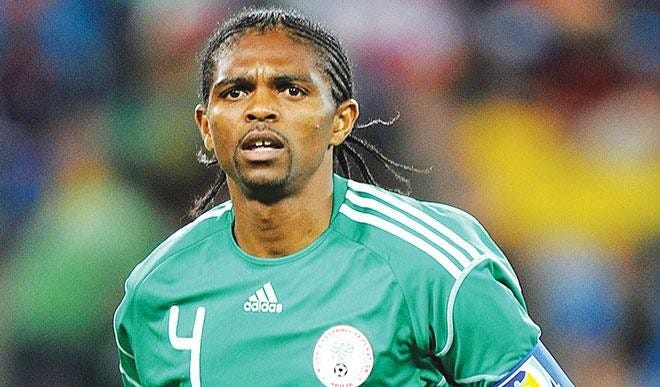
Nwankwo Kanu is one of Nigeria’s most celebrated footballers, winning the CAF African Men’s Footballer of the Year award twice, in 1996 and 1999. His skill, vision, and versatility made him a fan favorite worldwide.
- Major Achievements:
- Won gold with Nigeria at the 1996 Atlanta Olympics, scoring key goals during the competition.
- Helped Ajax win the UEFA Champions League and the Eredivisie in 1995.
- Overcame a heart condition to achieve great success with Arsenal in the English Premier League.
- Became the first Nigerian to win the CAF award twice, further cementing his legacy.
4. Victor Ikpeba (1997)
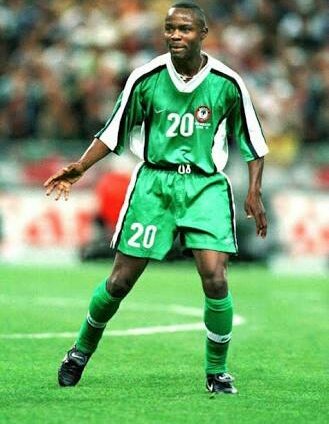
Nicknamed the “Prince of Monaco,” Victor Ikpeba’s performances in the French Ligue 1 earned him the CAF award in 1997. His sharp goal-scoring instincts helped him stand out among his peers.
READ ALSO: ‘Thank You For Making Nigeria Proud’ — Tinubu Hails Lookman, Nnadozie, Super Falcons On CAF Awards
- Major Achievements:
- Scored 26 goals across all competitions for AS Monaco in the 1996/97 season.
- Played a key role in Monaco’s domestic league and cup double.
- Finished as the second-top goalscorer in the UEFA Cup during the same season.
5. Victor Osimhen (2023)
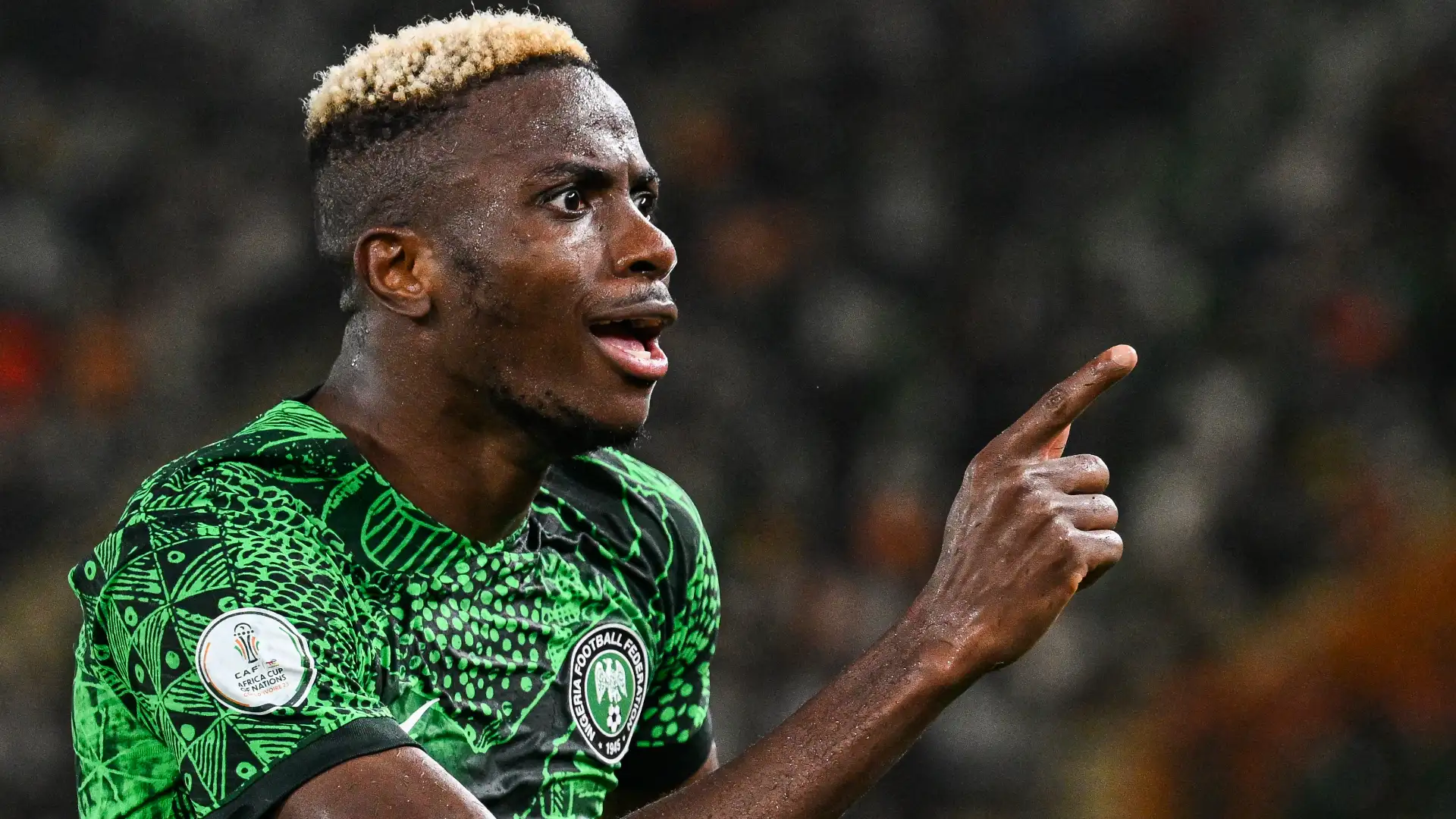
After a 24-year drought, Victor Osimhen became the first Nigerian since Kanu to win the CAF African Men’s Footballer of the Year award in 2023. His remarkable performances for Napoli and Nigeria’s national team earned him this prestigious title.
- Major Achievements:
- Scored 26 goals to help Napoli win their first Serie A title in 33 years.
- Placed 8th in the Ballon d’Or rankings and received nominations for FIFA Best awards.
- Broke a 24-year Nigerian drought to win the CAF African Men’s Footballer of the Year award.
6. Ademola Lookman (2024)
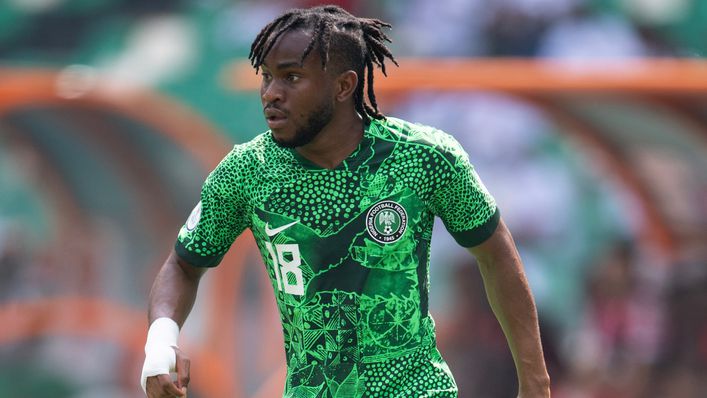
Ademola Lookman’s emergence on the African football scene was marked by his stellar performances for both Nigeria and his club, Atalanta. His exploits earned him the 2024 CAF African Men’s Footballer of the Year award.
- Major Achievements:
- Scored key goals in the 2023 AFCON, helping Nigeria reach the final.
- Netted a brace against Cameroon in the AFCON round of 16 and scored against Angola in the quarterfinals.
- Helped Atalanta win the UEFA Europa League, scoring a hat-trick in the final.
- Made history as the sixth player to score a hat-trick in a European cup final.
Conclusion
Nigerians have made a lasting impact on African football, with several stars winning the CAF African Men’s Footballer of the Year award. From Rashidi Yekini’s trailblazing win in 1993 to Ademola Lookman’s recent victory in 2024, Nigerian
Emmanuel Ochayi is a journalist. He is a graduate of the University of Lagos, School of first choice and the nations pride. Emmanuel is keen on exploring writing angles in different areas, including Business, climate change, politics, Education, and others.






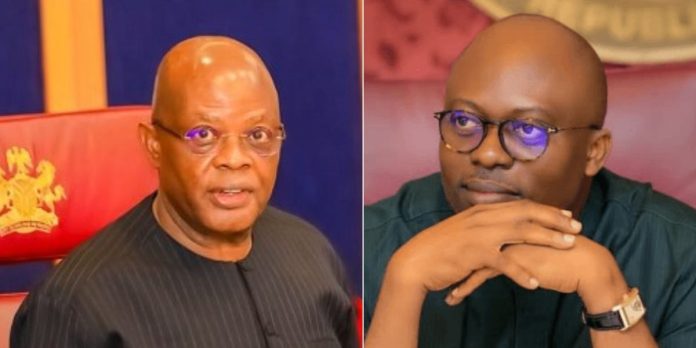












Follow Us